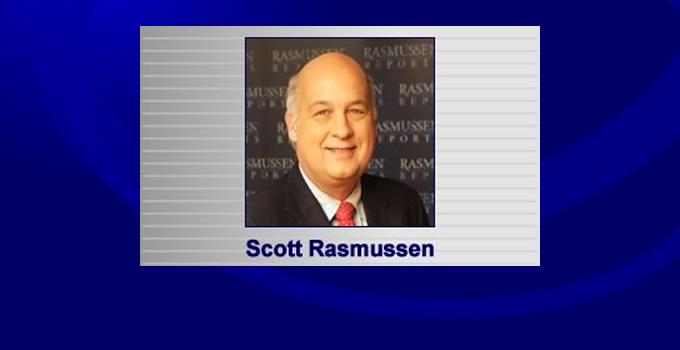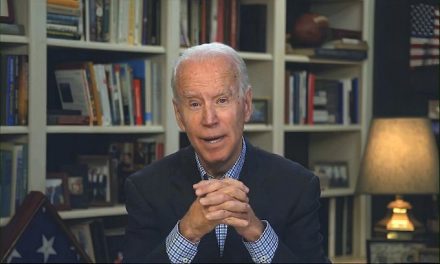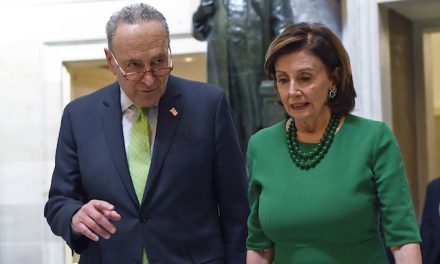Donald Trump’s enthusiastic supporters expect him to win the Iowa caucuses on Monday night. So do a growing number of establishment Republicans and independent analysts.
One sure sign of this growing expectation of a Trump victory is the behavior of traditional politicians trying to grab onto his coattails. Many have openly talked of preferring Trump to his main rival in Iowa, Senator Ted Cruz. It’s not clear if the establishment really prefers Trump or if political pros believe it would be easier to defeat Trump rather than Cruz in later states. In all likelihood, it’s probably a little of both.
The big unknown is whether Trump’s supporters will actually show up and participate in the caucus. Much of his appeal is found among people who don’t usually take part in events like the caucus. Normally, I would expect such voters to stay home. But, with Trump’s campaign this year, nothing has been normal. Nobody really knows what will happen. If I were on a debate team, I could convincingly argue either side of the argument.
Fortunately, we don’t have to guess much longer. If Trump wins on Monday night, it will show that he really is able to mobilize voters in a political context. He would then be expected to win eight days later in New Hampshire and could be well on his way to winning the nomination.
The more interesting question, though, is what happens if Trump doesn’t win on Monday night. What if Ted Cruz or some other candidate pulls off an upset? If that happens, Trump’s chances of winning the nomination will quickly disappear. He will be seen as a candidate whose appeal is a mile wide but only an inch deep.
On top of that, whoever defeats Trump will gain momentum by defeating a seemingly unstoppable force. That increased stature will give the Iowa victor a boost heading into New Hampshire and South Carolina.
What will Trump’s supporters do if that happens? While a loss in Iowa would suggest that the support isn’t as strong as some suspect, these voters represent a significant portion of the electorate. Will they eventually shift to support the new frontrunner or some other candidate to challenge the frontrunner? Or will they just give up on politics and drop out of the process entirely?
The answer is likely to be determined by how Trump himself responds.
If Trump loses but ultimately throws his support to another candidate, he could end up playing the role of kingmaker. In fact, he could establish himself as a force to be reckoned with for a long time within the Republican Party.
But there are other options for such an unconventional candidate. He could challenge the legitimacy of the vote. That would create real problems for the GOP and lay the groundwork for an independent campaign by Trump. It would also eliminate any hope for Trump to have lasting influence within the party. Another option would be for Trump to simply drop out of the campaign and go back to real estate development.
Regardless of what happens, the good news is that the Republican establishment is not in control of the outcome. That will be determined first by the voters in Iowa and then by the man who has become the defining issue of this campaign — Donald Trump.
To find out more about Scott Rasmussen and to read features by other Creators Syndicate writers and cartoonists, visit the Creators Syndicate Web page at www.creators.com.
COPYRIGHT 2016 CREATORS.COM



















Recent Comments